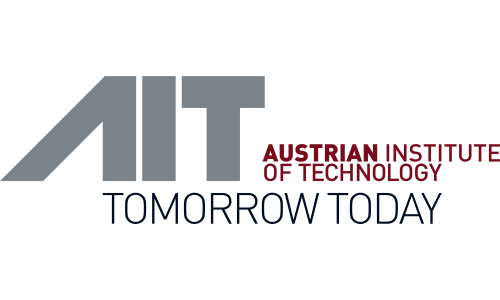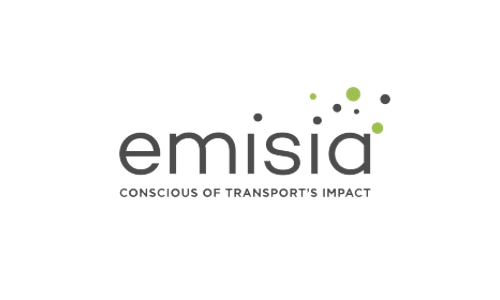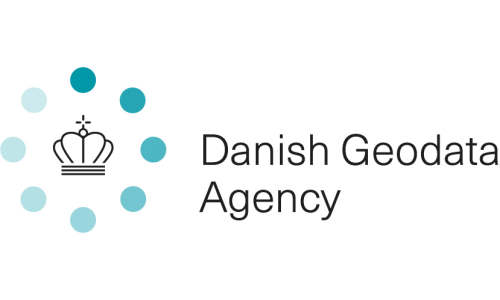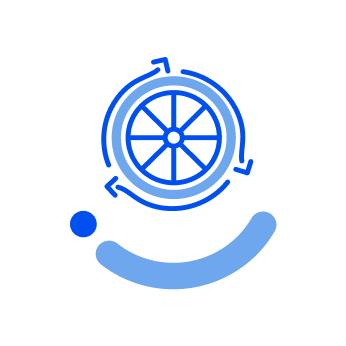
This use case demonstrates how crowd-sourced bathymetry (CSB) data, collected from vessels equipped with autonomous data recording systems, can be effectively utilized to improve the accuracy and reliability of depth models. Using decentralized data acquisition and a federated learning approach combined with anomaly detection, the system efficiently processes and validates bathymetric measurements collected at sea. The federated learning setup optimizes data transmission, reduces bandwidth requirements, and enhances data privacy, enabling vessels with diverse sensor configurations to contribute valuable bathymetric information. This collaborative approach supports the continuous refinement and updating of depth models, ultimately contributing to safer and more informed maritime navigation.
Technologies used
MobiSpaces delivers an end-to-end mobility-aware and mobility optimised Data Governance Platform. It is surrounded by a Green & Environmental Dimensioning Workbench for the monitoring and advising of the processing behaviour, making suren guidelines and legislations are complied with towards minimising the environmental footprint. MobiSpaces envisions a set of toolboxes, suites, and tools that implement the MobiSpaces concept in its use case, see them showcased below.

Declarative Querying

Decentralized Data Management

Online Data Aggregator
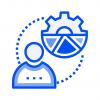
Visual Analytics
What has MobiSpaces improved?
Performance in re-scheduling the service to peak period has been improved in the following Key Performance Indicators:
>70 %
At least 70% of discrepancies detected by machine learning model should be correct.
>90 %
Verification of existing depth model: more than 90% of CSB data compared to existing depth models.
>50 %
Identification of areas of low trustworthiness: More than 50% of CSB data in uncharted or questionable areas evaluated to identify areas of low trustworthiness.
